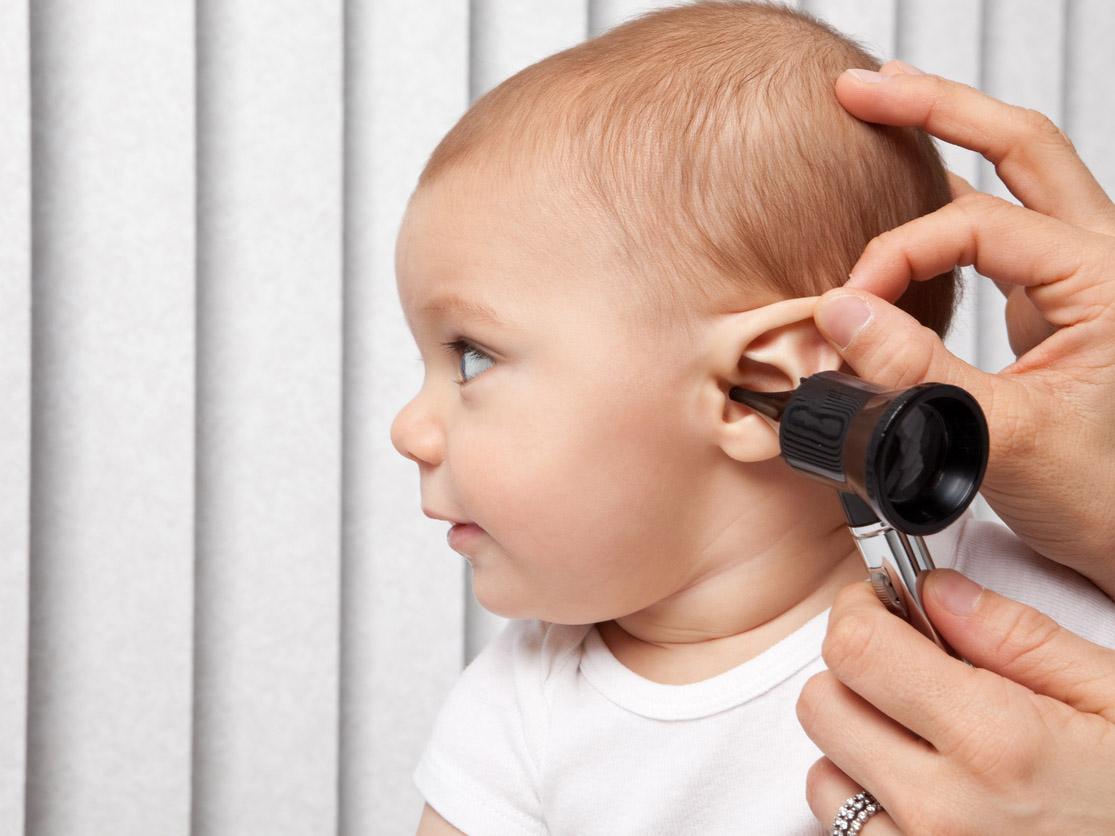Autism could be diagnosed at birth with a hearing test
The technique could allow for tailored intervention before symptoms develop

Your support helps us to tell the story
From reproductive rights to climate change to Big Tech, The Independent is on the ground when the story is developing. Whether it's investigating the financials of Elon Musk's pro-Trump PAC or producing our latest documentary, 'The A Word', which shines a light on the American women fighting for reproductive rights, we know how important it is to parse out the facts from the messaging.
At such a critical moment in US history, we need reporters on the ground. Your donation allows us to keep sending journalists to speak to both sides of the story.
The Independent is trusted by Americans across the entire political spectrum. And unlike many other quality news outlets, we choose not to lock Americans out of our reporting and analysis with paywalls. We believe quality journalism should be available to everyone, paid for by those who can afford it.
Your support makes all the difference.A non-invasive hearing test could aid early detection and diagnosis of autism, according to new research.
Currently, children with autism spectrum disorder (ASD) are typically diagnosed at the age of four using tests that largely rely on speech.
But now, researchers from Lake Erie College of Osteopathic Medicine in Pennsylvania are suggesting the key to early diagnosis could lie in the detection of hearing issues.
As such, they suggest using stapedial reflex testing, also known as acoustic reflex testing, which measures pressure changes in the middle ear in response to sounds, could be the solution.
The non-invasive test assesses a person's sensitivity and response times to a wide range of frequencies.
“Often people with autism suffer from hypersensitivity, meaning even relatively quiet sounds can feel like overwhelming noise,” says Randy Kulesza, professor of anatomy at Lake Erie College of Osteopathic Medicine.
“If parents and physicians understand that from the start, they can work to acclimate the child's sensitivity and make his or her experience of the world much less intense and frightening.”
Newborn babies do currently have their hearing tested. However, Kulesza says those tests merely assess whether the child can hear on a pass/fail basis.
Instead, he says stapedial reflex testing provides much more information about the types of dysfunction that may be present and would enable intervention to begin years before symptoms have even developed.
“Especially early in life, the brain is very plastic, meaning the right early interventions can literally train out those deficits,” Kulesza explains.
The person might not be perfectly neuro-typical but such interventions can improve function,” says Kulesza.
The researchers also note that hearing is critical to speech-language development, which can in turn also affect social-emotional development, something many children with ASD can struggle with.
As a result, they say optimising auditory function could profoundly improve a person's quality of life.
While there are obvious connections between ASD and hearing impairment, Kulesza admits more research is needed to understand how best to employ interventions for those who have auditory dysfunction.
One serious concern Kulesza shares is causing unnecessary stress to parents.
He emphasises acoustic reflex testing should not be presented as a diagnostic tool but that testing positive for auditory dysfunction could allow for tailored early intervention that will maximise their child's potential.
The research was published in The Journal of the American Osteopathic Association (JAOA).
Join our commenting forum
Join thought-provoking conversations, follow other Independent readers and see their replies
0Comments